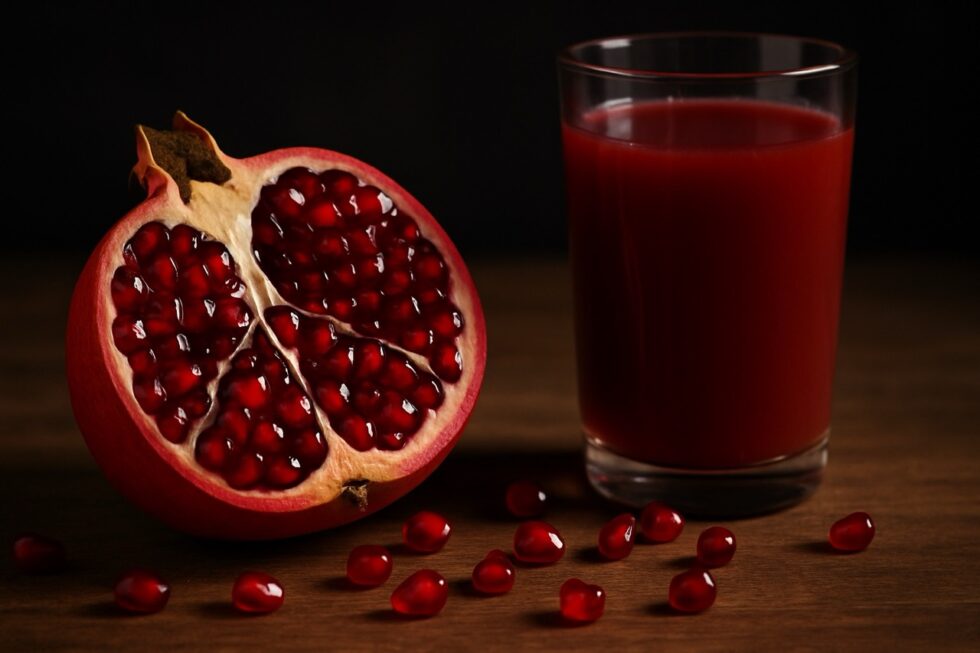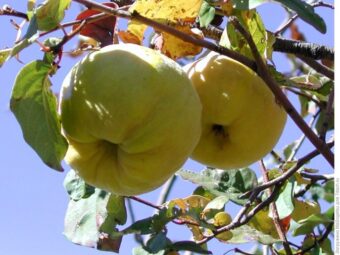Is pomegranate really that healthy? Full guide to benefits, nutrients & risks

Pomegranate (Punica granatum) is a nutrient-dense fruit known for its deep red seeds and tart-sweet flavor. In recent years, it has been widely promoted for its antioxidant, anti-inflammatory, and cardio-supportive properties. It’s especially valued in seasonal nutrition during fall and winter, when fresh vitamin-rich fruits are limited. Thanks to its low glycemic index and natural polyphenols, it is increasingly used in therapeutic diets, including for heart disease prevention and cognitive health. However, like any bioactive food, pomegranate may cause adverse reactions or interfere with medications in certain cases. As reported by G.Business, pomegranate is now under closer scientific review as a functional food with both benefits and boundaries.
Nutritional Value of Pomegranate (per 100 grams)
| Nutrient | Amount | Function |
|---|---|---|
| Calories | 83 kcal | Moderate energy intake |
| Carbohydrates | 18.7 g | Energy source, low glycemic impact |
| Sugars | 13.7 g | Natural glucose and fructose |
| Fiber | 4.0 g | Supports digestion and satiety |
| Protein | 1.7 g | Minor, supports enzymatic activity |
| Fat | 1.2 g | Minimal, mostly unsaturated |
| Vitamin C | 10.2 mg | Immunity, skin, collagen |
| Vitamin K | 16 µg | Blood clotting, bone health |
| Vitamin B6 | 0.075 mg | Brain and metabolism support |
| Potassium | 236 mg | Regulates blood pressure and muscle function |
| Iron | 0.3 mg | Supports red blood cell production |
| Magnesium | 12 mg | Nervous system, muscle relaxation |
| Phosphorus | 36 mg | Bone and cellular health |
Top 6 Clinically Recognized Health Benefits
- Heart and blood vessel support
Pomegranate improves endothelial function, lowers blood pressure, and reduces LDL cholesterol. - Immune system boost
Rich in vitamin C and polyphenols, it enhances immune response during viral seasons. - Anti-inflammatory protection
Ellagic acid and anthocyanins reduce chronic inflammation, benefiting joints and tissues. - Antioxidant effect
Protects DNA and cells from oxidative damage linked to aging and cancer. - Gut health and digestion
Natural fiber and enzymes improve motility, prevent bloating, and nourish gut bacteria. - Skin and cognitive support
Promotes collagen production, may reduce memory decline in older adults.
Who Should Avoid or Limit Pomegranate
While safe for most people, pomegranate should be consumed with caution in specific health conditions:
- Stomach ulcers or acid reflux – juice may worsen symptoms due to its natural acidity.
- Medication interactions – pomegranate can inhibit cytochrome P450 enzymes (CYP3A4), affecting drugs like statins, blood pressure medications, and some antidepressants.
- Oral allergy syndrome (OAS) – symptoms may include itching or swelling of the lips and mouth.
- Constipation – large quantities may cause sluggish digestion due to tannin content.
- Pregnancy and children – generally safe, but always consult a physician when introducing new fruits in therapeutic doses.
Tips for Safe and Smart Consumption
- Drink fresh juice, not concentrated versions with added sugar.
- Combine pomegranate seeds with yogurt, grains, or salads for a balanced meal.
- Limit to 1 small fruit or 150–200 ml juice per day, especially if on medications.
- Look for heavy, firm fruits with no cracks – they’re riper and richer in juice.
- To extract seeds, cut the fruit in half and tap it over a bowl with a spoon – clean and efficient.
Seasonality and Culinary Use
Pomegranate is in season from October to February in the Northern Hemisphere.
It’s commonly used in Mediterranean, Middle Eastern, and Ayurvedic cuisine, both raw and cooked.
Popular uses include fresh juice, sauces, glazes, desserts, and even fermented products for gut health.
Pomegranate is a scientifically supported, antioxidant-rich fruit with proven benefits for the heart, immune system, skin, and digestion. It is especially useful in autumn-winter diets and for those seeking natural sources of vitamin C, fiber, and polyphenols. However, due to potential drug interactions and digestive concerns, its use should be individualized. Pomegranate is not a cure, but a powerful adjunct to a balanced, preventive lifestyle.
Stay connected for news that works — timely, factual, and free from opinion — and insights that matter now: Papaya and Its Seeds – A Tropical Superfruit with Dual Powers

